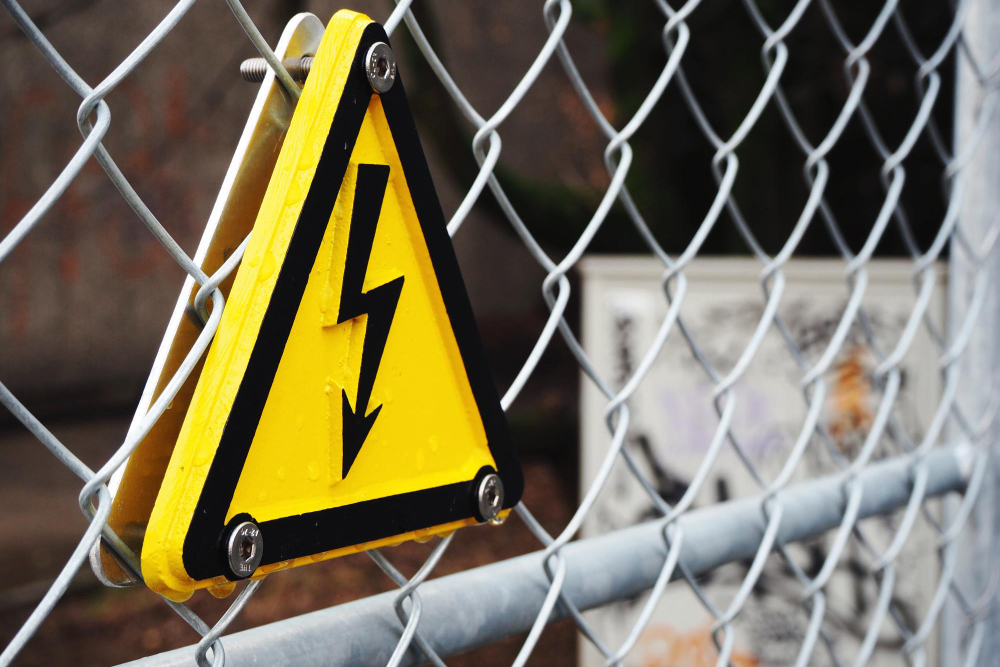Do’s and Don’ts of Electrical Safety for Homeowners

Electricity powers much of what we do on a daily basis, but it also comes with risks if not handled properly. While flicking a switch or plugging in a device might feel second nature, taking the right precautions could literally save a life. Whether you're tackling minor projects at home or addressing maintenance issues, understanding the do’s and don’ts of electrical safety is essential.
This guide covers practical tips to keep you, your family, and your home safe. Plus, if you're in Winter Park, FL, and need professional help, we'll share why hiring skilled electrical contractors must be part of the plan.
Why Electrical Safety Matters
Electricity is powerful, yet dangerous if not respected. According to the Electrical Safety Foundation International, there are over 51,000 home electrical fires annually in the U.S., causing significant damage and even fatalities. Many of these incidents result from preventable mistakes like overloaded circuits, DIY fixes, or aging wiring. By adopting proper safety practices, you can dramatically reduce risks while ensuring your electrical systems run efficiently and reliably.
The Do’s of Electrical Safety
1. Call a Professional for Electrical Work
When it comes to electrical repairs or upgrades, professional expertise is non-negotiable. Certified electrical contractors in Winter Park, FL, like Spectrum Electric Inc, follow strict safety codes while ensuring that any work is completed to high standards. Disturbing or altering electrical wires without the right knowledge can create hazards, including fires or electric shocks.
2. Use the Correct Wattage
Always use light bulbs with wattage that matches or is lower than what your fixture recommends. Using a higher wattage than designed can overheat the fitting, increasing the risk of fire.
3. Test Outlets and Circuits Regularly
Check outlets and circuits for wear or malfunctions. Power surges, flickering lights, or a warm outlet can indicate underlying issues. Use a receptacle tester to verify outlets are correctly wired and replace damaged or charred outlets immediately.
4. Install GFCI Outlets in Wet Areas
Ground Fault Circuit Interrupters (GFCI) outlets are critical for reducing electric shock risks, especially in areas prone to moisture like bathrooms, kitchens, and outdoor patios. If your home was built before 1970, you might lack these vital safeguards.
5. Keep Electrical Panels Accessible
Ensure your electrical panels are free from blockages. During emergencies, access to the breaker box can be life-saving. Label each circuit in the panel for quick identification when necessary.
The Don’ts of Electrical Safety
1. Don’t Overload Power Strips or Outlets
Plugging too many devices into a single power strip or outlet risks overheating and electrical fires. Pay attention to posted amperage limits, and only use certified extension cords and power strips, especially for high-powered appliances.
2. Don’t Use Damaged Cords
A frayed or damaged electrical cord is more than just unsightly; it’s a serious hazard. Exposed wiring can cause electric shocks and fires. Replace damaged cords immediately or have them repaired by an expert.
3. Don’t Ignore Warning Signs
Buzzing sounds, burning smells, or sparks from outlets or wiring are red flags. These could indicate overloaded circuits, outdated wiring, or faulty components. Ignoring these problems can lead to costly damages or dangerous situations.
4. Don’t DIY Complex Jobs
While changing a lightbulb or plugging in a device is perfectly safe, complex issues like rewiring or upgrading an electrical panel should be left to licensed professionals. One small mistake can have major repercussions.
5. Don’t Mix Electricity with Water
It might seem obvious, but water and electricity don’t mix. Always ensure your hands and the surrounding area are completely dry before working with electrical outlets or appliances. Never use electronic devices near sinks, bathtubs, or pools.
Additional Tips for Electrical Safety
- Inspect Your Home Regularly: Aging wiring, overloaded circuits, or loose outlets pose risks. Every few years, have your home's electrical system inspected by licensed electricians.
- Use Tamper-Resistant Outlets: Families with young children should install tamper-resistant outlets to prevent accidental shocks.
- Invest in Quality Equipment: Opt for high-quality cords, tools, and appliances. Cheap or counterfeit products might save money upfront but can fail safety standards and increase risks.
When to Call the Experts
Knowing when to call professionals can make all the difference in ensuring safety and avoiding costly damages. Here's when you should reach for the phone:
- Frequent tripped breakers or blown fuses.
- A persistent burning smell near outlets or wiring.
- Flickering or dimming lights unrelated to bulb issues.
- Sparking outlets, switches, or panels.
- Plans for major remodeling or electrical upgrades.
Certified electrical contractors in Winter Park, FL, like Spectrum Electric Inc, are trained to handle these issues with precision. Licensed electricians not only fix problems but also ensure your home remains safe and compliant with regulations.
Staying Safe Starts with Awareness and Action
Electrical safety begins with knowing your boundaries and respecting the power of electricity. By properly maintaining your home’s systems, using quality equipment, and hiring professionals for complex tasks, you’re taking essential steps to protect both your family and property.
However, safety isn’t just about reacting to problems. Being proactive and addressing small warning signs early can prevent much bigger issues down the road.
If you need help from trusted electrical contractors in Winter Park, FL, we encourage you to contact Spectrum Electric Inc today. Our team is here to inspect, repair, or upgrade any part of your home's electrical system. Don't delay; safety is always worth it.
